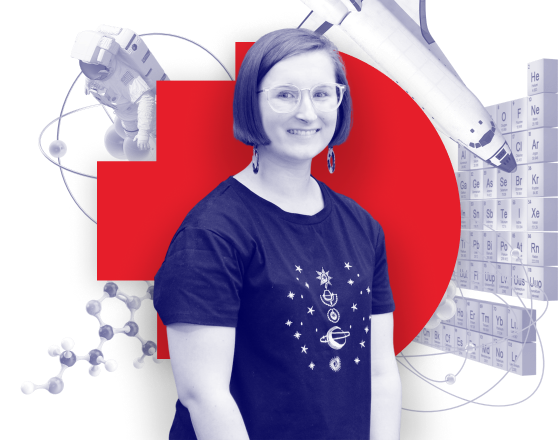Upon successful completion of this course, you will be able to demonstrate a mastery of advanced theoretical food science and technology knowledge, and apply this knowledge to generate, evaluate and address complex concepts and challenges in existing and emerging areas of this discipline. You will apply an assortment of research methods and principles to investigate and understand recent developments in this field, both contributing to it and challenging accepted norms.
As a graduate, you will be able to effectively communicate various concepts of food science and technology to both specialist and non-specialist audiences. As a practising professional, you will work effectively, responsibly, ethically and safely in both individual and team contexts, and hold yourself accountable for independent learning and professional rigour through your commitment to lifelong learning and career development.




